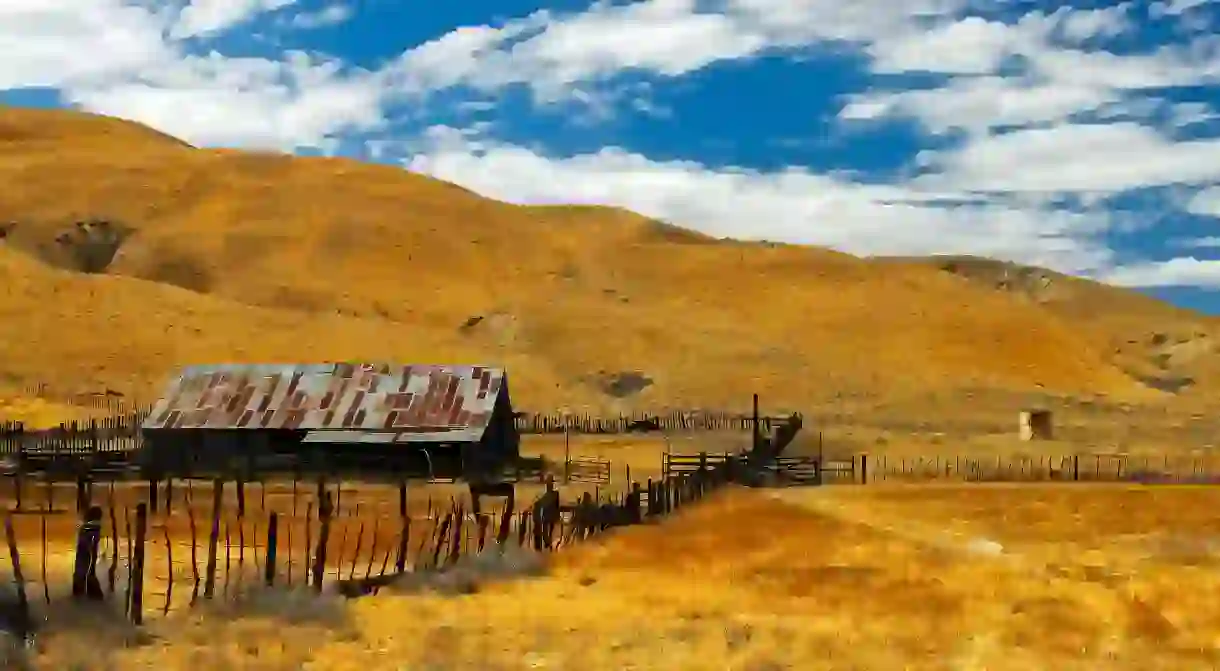15 Surprising English Words You Didn’t Realise Were Stolen from Spanish

Language is forever evolving, and many words of Spanish origin have seeped into the English language over the years. We explore some of the most interesting words that the Spanish have loaned to us that we use on a daily basis, that perhaps you didn’t realise.
California
California is a fictional paradise in the the 1510 novel The Adventures of Esplandián, written by Spanish writer Garci Rodríguez de Montalvo. In the book, the island of California is ruled by Queen Calafia, her name echoing the name for the Muslim leaders of Spain, the Caliphs. Spanish explorer Francisco de Ulloa wrongly thought that Baja California, in Mexico, was an island when he first landed there, so named it after the mythical island in Montalvo’s adventure story.

Lasso
Many cowboy terms come from Spanish and lasso is no exception. It derives from the Spanish lazo, which means tie or rope.

Ranch
The term ranch comes from the Mexican-Spanish rancho, which means ranch, or farm. It can also mean settlement or camp.

Breeze
Breeze comes from the Spanish brisa, which means a cold wind.
Mosquito
In Spanish, adding ‘ito’ to the end of a word makes it into a little something-or-other, so mosquito literally means “little fly.” Almost cute if it didn’t enjoy biting you and sucking your blood.

Alligator
The word “alligator” in English comes from the Spanish “el lagarto,” which means the lizard. It is just a big lizard, after all.

Armadillo
The original Spanish means little armoured one—quite an apt name for the hard-skinned animal, whose shell helps protect it from danger.

Quixotic
If someone is undertaking an unrealistic, foolish, or seemingly insurmountable task, you might describe it as “quixotic,” but do you know where the word comes from? It refers to the title character in Miguel de Cervantes’ novel Don Quixote, one of the great novels of Spanish Golden Age literature. After reading too many books about chivalry, Don Quixote decides to embark on a journey to restore the old-fashioned trait and restore justice in Spain—a pretty “quixotic” task, it turns out.

Lothario
Another common word that was given to us by the novel Don Quixote, lothario is used to describe an untrustworthy seducer in “The Impertinent Curious Man,” a story-within-a-story in the famous novel.
Guerilla
The word literally means “little war” in Spanish and refers to a small fighting force. The word for a guerrilla fighter is a guerrillero for a man and guerrillera for a woman.
Suave
This word, usually used to describe a charming, elegant kind of guy, comes from the Spanish, meaning smooth.

Alcatraz
The island off San Francisco, which was famously home to a prison until the 1960s, was named La Isla de los Alcatraces, or the Island of the Pelicans by Juan Manuel de Ayala, the first Spaniard to document the island in 1775. Alcatraz means pelican in old Spanish.

Patio
English adopted this word, which means courtyard, from the original Spanish.

Piña Colada
Just the name Piña Colada might bring to mind tropical beaches and summer holidays, but when you hear what it means in the original Spanish, it might put you off the cocktail forever… “Strained pineapple,” anyone?

Renegade
This word comes from the Spanish renegado, which means “rebel.”
Learn more Spanish by checking out these 15 hilarious Spanish swearwords.













